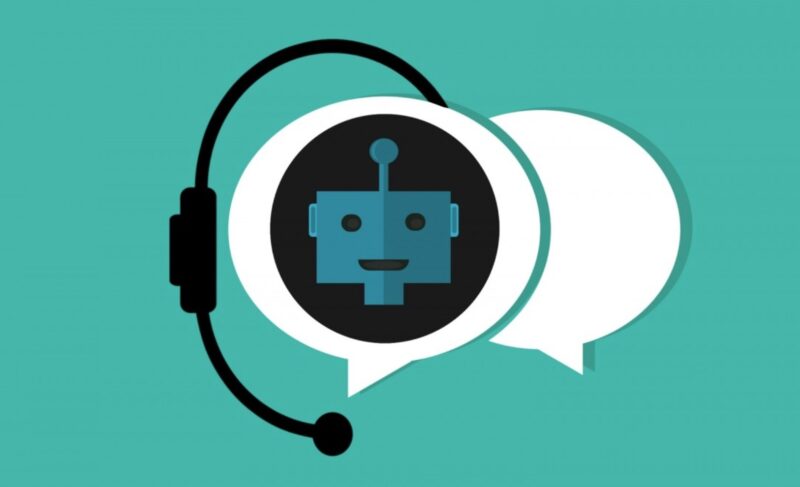ATC wants to help you understand ChatGPT

Perhaps you’ve heard about ChatGPT– an artificial intelligence chatbot that’s getting a lot of attention from educators, journalists, business leaders, and many others.
A chatbot (as defined by IBM) is “a computer program that uses artificial intelligence (AI) and natural language processing (NLP) to understand questions and automate responses to them, simulating human conversation.”
ChatGPT (as defined by the company that developed it, Open AI), is “an AI-powered chatbot based on the GPT (Generative Pretrained Transformer) language model that uses deep learning techniques to generate human-like responses to text inputs in a conversational manner.”
- Although ChatGPT appears to be a powerful tool for research, some educators have raised concerns about whether ChatGPT will be used by students to cheat when writing essays, test answers, or solutions to homework problems, and whether plagiarism detection tools like TurnItIn and SafeAssign can “catch” use of ChatGPT.
- At the moment, access to ChatGPT is free to anyone who wants to sign up, and both Microsoft and Google have announced that capabilities similar to Chat GPT will soon be part of their search engine tools.
ATC provides guides and resources
Cincinnati State’s Academic Technology Committee (ATC), which includes faculty, staff, and administrators as members, is working to help Cincinnati State instructors (and others) in learning more about ChatGPT so you can reach your own conclusions about the pluses and minuses of this new technology tool.
- The Cincinnati State Library has published a new Library Guide to ChatGPT and Artificial Intelligence in Higher Ed (click to view). More resources and links will be added to the guide in the future.
- ATC member Geoff Woolf (Dean, Humanities & Sciences) created a 15-minute video Intro to ChatGPT (click to view). In the video, Geoff poses sample questions from several academic disciplines– you may want to pause the video to read the detailed and sometimes lengthy responses from ChatGPT.
Some takeaways from Geoff’s “tour of the chatbot” include:
- The chatbot makes mistakes. An expert in the subject matter will notice the errors but a student might not.
- The chatbot responses will improve based on the language used for the prompt. Multiple tries may be needed to get a useful response.
- ChatGPT information draws from sources published in 2021 or earlier. The chatbot is not “crawling the web” to find information for responses.
- The best way to learn about ChatGPT is to use it!
ATC will strive to keep the College community up to date about ChatGPT and similar tools through links/posts in the Library Guide, discussion in the Blackboard “Faculty Lounge” site, newsletter articles from the Office of Online Learning, and other resources.
Future plans include presentations and workshops, with some planned sessions that will focus on recognizing and preventing academic dishonesty, as well as understanding what to do when academic dishonesty is detected.